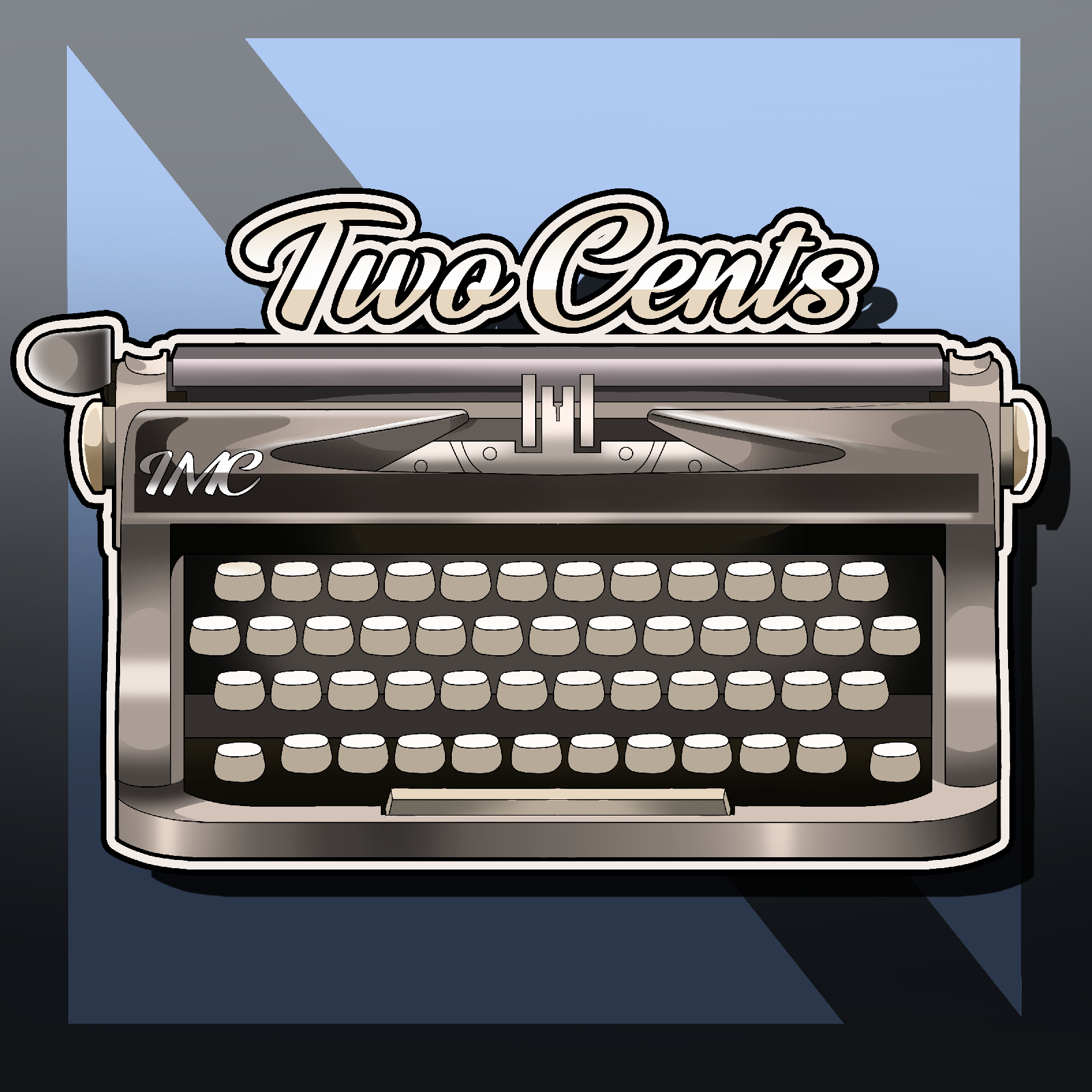Victoria Loder's Goof-Proof: A Step-by-Step Guide to Writing the Perfect Query Letter

If one wishes to go the traditional publishing route, and one is looking to acquire the services of an agent, then how in the world does one do that?
If you've been looking for an answer to that question because you've got a manuscript ripe for publishing, then look no further than Victor Loder's Goof-Proof: A Step-by-Step Guide to Writing the Perfect Query Letter.
Now, I know what you're thinking. "Oh God, not another book on writing. I've already got a shelf full of those." I'm sure you do, but I'm also sure not a single book on that shelf deals with this particular subject. So, hear me out.
Despite the new avenue of indie-publishing that the Internet has provided for writers, many still seek to go the traditional publishing route, which has many obstacles along its path.
Writing and polishing a book until it's near to publishable quality is hard enough for any writer; surmounting the obstacle course that is the path to traditional publishing is another matter entirely.
The hardest part for most writers is acquiring the services of an agent.
Agents act as the intermediary between the two halves of publishing: the creative side (the writer) and the business side (the publishing house). They have an editor's eye for quality writing, and they have the reader's eye for a good story. Getting one to represent you, however, is still difficult. Agents are busy people, whose livelihoods depend on being able to sell their clients works. The most professional way to acquire one is via the process of querying.
Loder's slim volume (25 pages, excluding the title page), isn't a memoir of the craft, like Stephen King's On Writing. It isn't a manifesto of one's writing philosophy, like Ray Bradbury's Zen in the Art of Writing. Nor, is it a style guide to better prose, like Strunk & White. Goof-Proof is a down and dirty, how-to manuel about one thing: how to write a query letter that will get an agent's attention.
And Loder knows a thing or two about this particular subject. She, until recently, made her living as a literary agent, and therefore can tell you, with an insider's knowledge, exactly what an agent looks for in a query letter. (The first rule of research is that first-hand knowledge is always the greatest and best resource.)
In the third part of her book, she gives a rough outline of what a query letter should look like:
Dear [Agent's First Name],
-Hook
-Title, genre, & word count
-Pitch
-Author Bio (no more than two sentences)
Thank you for your time.
Sincerely,
[Author's name]
Now, of course, the information doesn't stop there. Loder goes on to explain what each of these elements is, all while providing perfectly valid examples. And, at the end of it all, she shows you a full example of what a query should look like once fully realized.
In addition to this highly valuable information, Victoria Loder also provides inside information into the agenting world (again, first-hand knowledge). She explains how stressful the agenting world is, why it is that agents frequently take so long to respond to queries, and even takes time to "decode" what agents mean when they respond with vagaries like, "This just didn't work for me."
There isn't a single wasted word in this guide. Loder never veers from her subject at hand. The point of this guide is to do what the best kind of informative and instructive writing does: demystifies the process by explain it in a clear and direct manner.
I personally don't have a manuscript ready for querying (not yet anyway), but once I do, you can bet I'll be following the instructions Loder lays out in Goof-Proof. The book goes on sale, through Amazon, this coming week, and is even currently up for preorder. If you have a little cash to spare and are looking help with the querying process, pick up a copy.


Comments